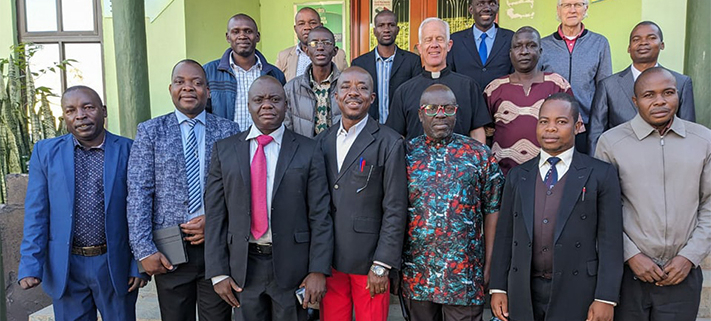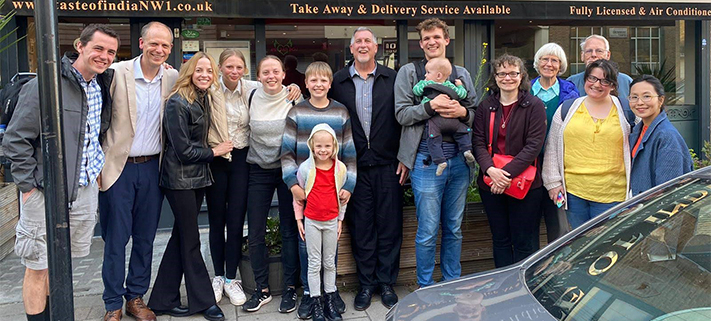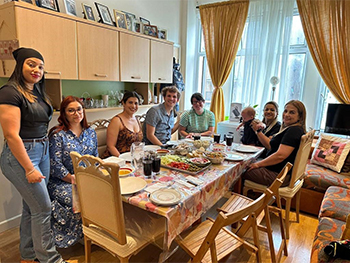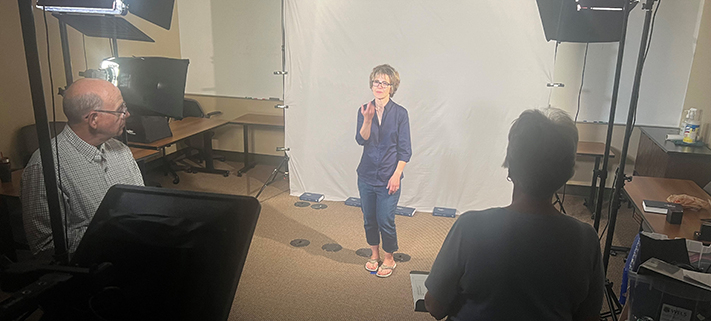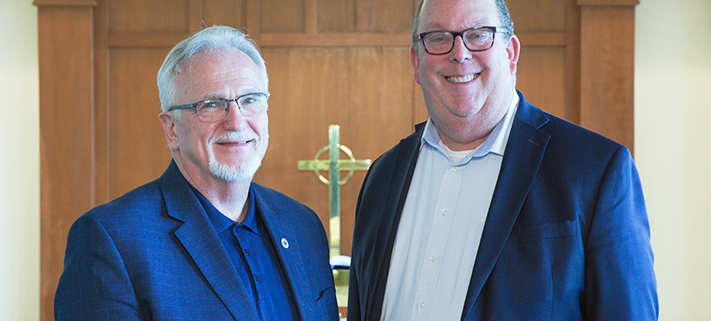Planned giving program bears fruit
Pictured above: Members of St. Peter participate in an Everyone Outreach evangelism workshop
More than 20 years ago, the members of St. Peter, Schofield, Wis., realized their congregation would benefit from forming a planned giving committee. One of the goals of the committee was to actively promote to members what a blessing planned giving could be in supporting the gospel work of the congregation.
Member Bob Stasney has been part of the congregation’s planned giving committee since its inception. He recalls that the new committee benefited from the support of a WELS Christian giving counselor, who supplied startup resources and advice. “[The resources] were key in guiding us to establish policies that are very important to refer to over the years,” remembers Stasney.
Since that time, St. Peter’s planned giving committee has been encouraging members in their giving by providing regular communication in the bulletin or newsletter about gifting tools. The committee also assists members who have questions about making planned gifts, directing them to their local WELS Christian giving counselor as needed.
Through God’s blessing, this targeted, supportive approach has resulted in members setting up gifts to benefit the church through a variety of methods, like gifts of appreciated stock or gifts through a will or estate plan. Last year the congregation received several large gifts, including $220,000 to create an endowment and another $400,000 to further God’s ministry in multiple areas. Another $20,000 gift went to tuition assistance (the church’s scholarship program has distributed over $130,000 to families since its inception). St. Peter’s planned giving committee also oversees the congregation’s endowment funds and invests with WELS Investment Funds.
Stasney encourages other congregations to consider setting up a planned giving committee, utilizing the resources and planned giving program manual available through WELS: “The current manual seems quite comprehensive and is a must-go-to for anyone starting from scratch.”
Stasney gives all credit to God for his blessings on St. Peter. “The Holy Spirit has worked miracles at St. Peter over and over again, and our members have historically been cheerful givers,” he says. “To God be all the glory.”
Learn more about starting a congregational planned giving program at wels.net/plannedgivingprogram or contact your local WELS Christian giving counselor at 800-827-5482 or [email protected] for assistance.

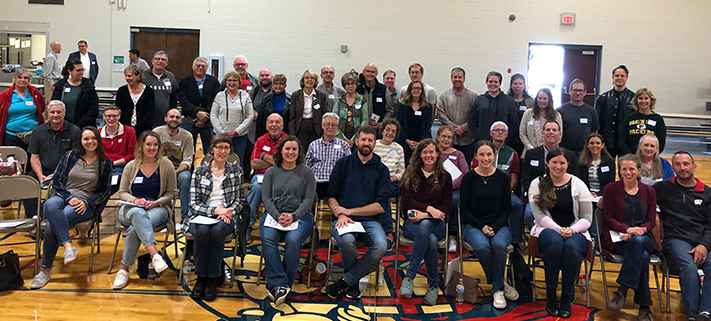
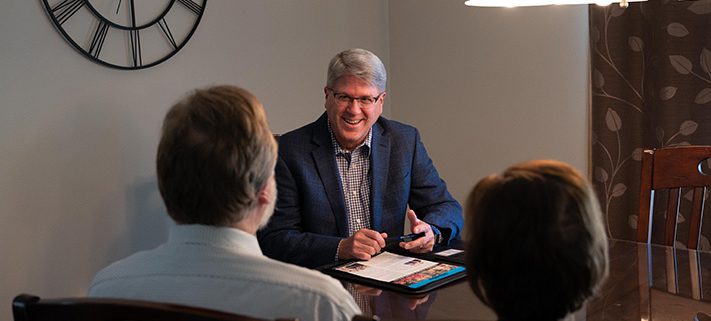


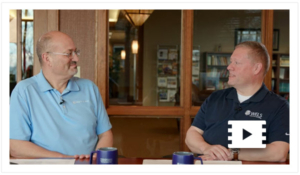





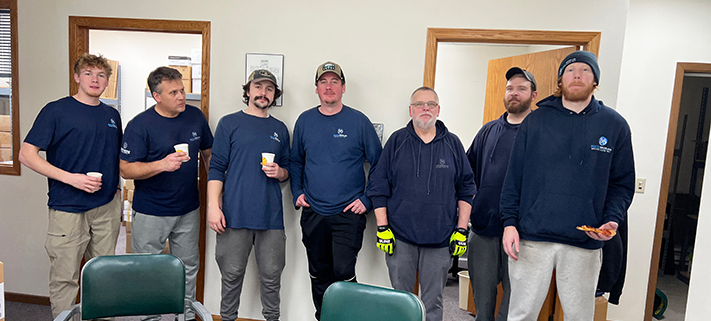
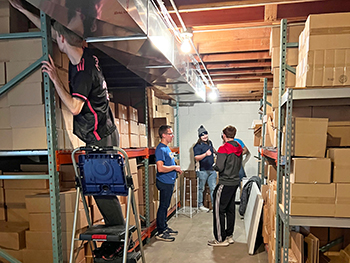 We also want to thank a crew of five Martin Luther College students who helped a few days later take delivery of a reprint of “Believe and Live”, one of our studies, and rearrange some of the delivered boxes so that they were in order.
We also want to thank a crew of five Martin Luther College students who helped a few days later take delivery of a reprint of “Believe and Live”, one of our studies, and rearrange some of the delivered boxes so that they were in order.


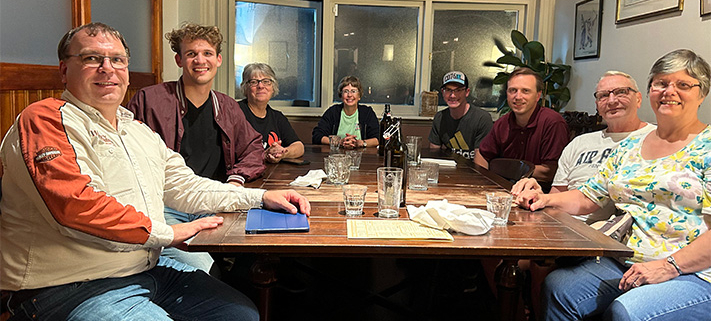
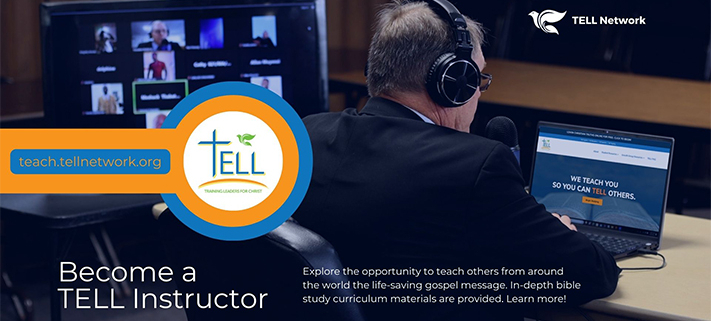
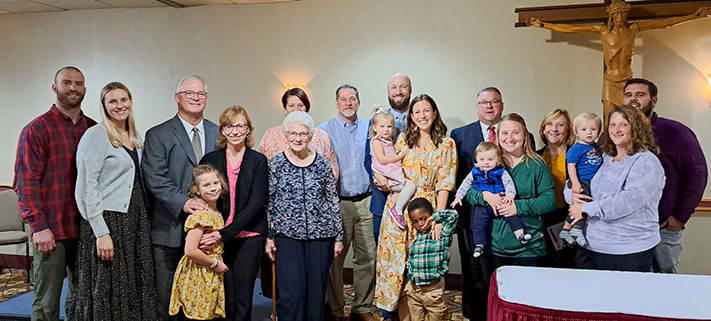
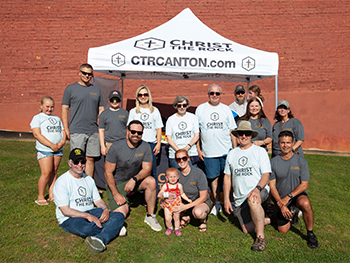
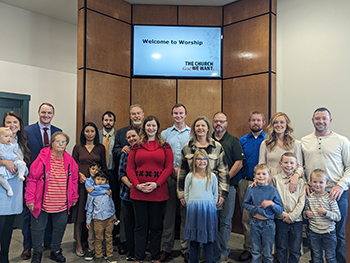
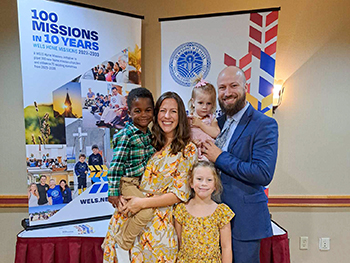
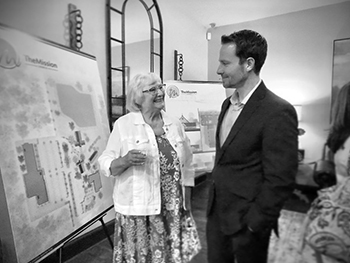

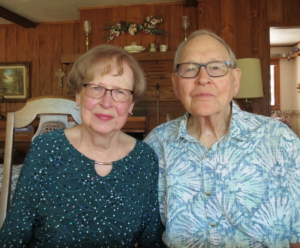

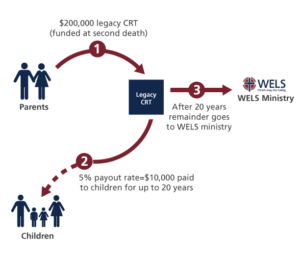

 This has happened on snowy days multiple times the last 20 years. Sylvia’s volunteer time on Tuesday morning was in jeopardy because of blizzards and large amounts of snow. She has always dreaded that phone call when the forecast was bad because she loves volunteering at the Prison Ministry office and loves the people with whom she works. Now at 96 ½ years old, she says, “If everyone wasn’t so nice here, I probably wouldn’t still be coming.” A family of Christian volunteers has been created on those Tuesday mornings, even though so much has changed over the years. Sylvia remembers that Tuesday morning volunteer family being so much larger 20, even 10 years ago. Most of the volunteers she worked with all those years ago have now gone to heaven, and she even surprises herself – and many of her friends – that she continues to go. “It’s interesting…when I tell them I’m still volunteering, they don’t believe me,” she says with a smile.
This has happened on snowy days multiple times the last 20 years. Sylvia’s volunteer time on Tuesday morning was in jeopardy because of blizzards and large amounts of snow. She has always dreaded that phone call when the forecast was bad because she loves volunteering at the Prison Ministry office and loves the people with whom she works. Now at 96 ½ years old, she says, “If everyone wasn’t so nice here, I probably wouldn’t still be coming.” A family of Christian volunteers has been created on those Tuesday mornings, even though so much has changed over the years. Sylvia remembers that Tuesday morning volunteer family being so much larger 20, even 10 years ago. Most of the volunteers she worked with all those years ago have now gone to heaven, and she even surprises herself – and many of her friends – that she continues to go. “It’s interesting…when I tell them I’m still volunteering, they don’t believe me,” she says with a smile.